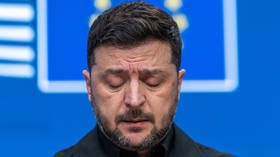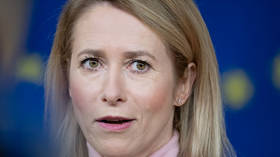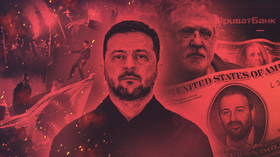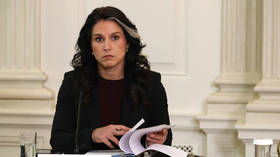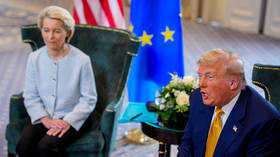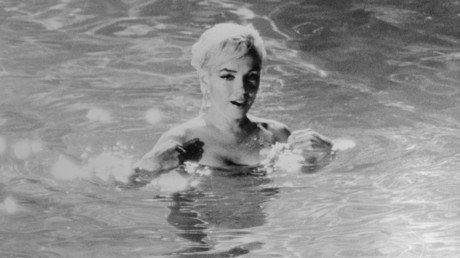‘Unique guy’ Juncker says selection of his successor for EU chief was ‘not very transparent’
European Commission President Jean-Claude Juncker has criticized the process for nominating his successor, Germany’s Ursula von der Leyen, contrasting it unfavorably to his own. Which, some would say, was far from being flawless.
“The process was not very transparent,” Juncker told a news conference in Helsinki on Friday when asked for comment on the selection of von der Leyen and others for top EU jobs in a torturous three-day negotiation. Not sparing words of praise for his own selection, Juncker said: “But the process that led to my nomination in 2014 was very transparent.”
The difference is that Juncker’s candidacy was first put forward by the European People’s Party (EPP) and the nomination came with the party’s victory in the European Parliament election that year. This process is known under the German term ‘Spitzenkandidat’.
“Unfortunately it didn’t become a tradition,” Junker bemoaned, conveniently recalling that this makes him one of a kind.
I am a very unique guy. I was the first and the last Spitzenkandidat.
EU’s system of governance is a product of a balancing act, which aims to make the union functional while not stepping on the toes of national governments and subduing public anxieties over Brussel’s overreach.Candidates for the EU’s highest executive job are selected by the European Council, a collective of leaders of member states.
Also on rt.com The EU has a new batch of unelected leaders, but where is the democracy?The common people are expected to be OK with the choice, since it is made with the help of whoever was elected their nation’s leader and confirmed by the MEPs. Since 2009, the nomination is also supposed to be done with the results of the previous parliamentary election taken into account, but there is no rule that mandates how exactly it must be done.
In 2014, the council agreed to nominate Junker, who was picked by the EPP before the election in a sort of primary election, which was touted as an improvement compared to striking a backroom deal. But some people would say it was still far from being democratic, and that the highest executive office in the EU should be filled through a direct general election.
Also on rt.com EU choices for top posts a reflection of policies that led to its current messVon der Leyen, who is currently serving as German defense minister, was nominated through the old-fashioned consensus-way after protracted negotiations at the European Council. She and other candidates for top positions are yet to be confirmed by the European Parliament.
Notably, if the European Commission president was elected directly, von der Leyen would struggle to get a majority of votes in her own country. A new DeutschlandTrend opinion poll says only a third of Germans believe she would be a good person for the position while 56 percent said the opposite.
If you like this story, share it with a friend!


